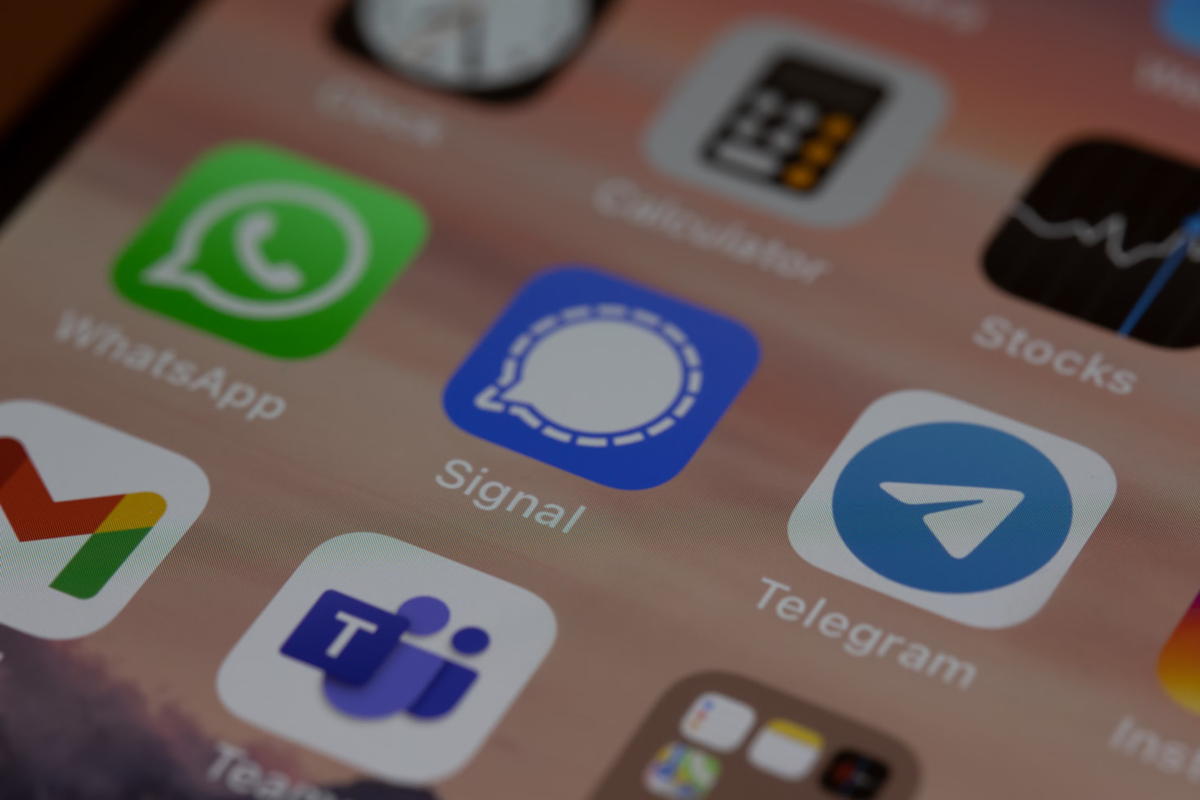Telegram’s Pavel Durov Remains In Custody Amid Investigation

French authorities extend detention of Pavel Durov as investigation of fraud, organised crime, terrorism on platform continues
Pavel Durov, the Russian-born billionaire founder and owner of the Telegram messaging app, remains in French custody on Tuesday.
On Saturday 39-year-old Durov had been arrested and placed in police custody at Le Bourget airport outside Paris, shortly after he landed on a private jet from Azerbaijan.
French police sources reportedly said at the time that ahead of the jet’s arrival, police had spotted he was on the passenger list and moved to arrest him because he was the subject of an arrest warrant in France.

Durov arrest
At the time sources indicated Durov had been arrested amid a police investigation into him allegedly allowing a wide range of crimes due to a lack of moderators on Telegram and a lack of co-operation with police.
CNBC reported that the Paris Public Prosecutor’s Office had issued a warrant for Durov’s arrest over an investigation opened on 8 July into organised crime, drug trafficking, fraud, and the distribution of pornographic images of minors on the platform.
Durov is also reportedly accused of allegedly refusing to share information or documents with investigators when required by law.
On Sunday French judicial authorities extended the detention of Pavel Durov.
Telegram in a tweet on X (formerly Twitter) said that the platform abides by EU laws, including the Digital Services Act, and that its moderation is within industry standards and constantly improving.
“Telegram’s CEO Pavel Durov has nothing to hide and travels frequently in Europe,” the platform stated. “It is absurd to claim that a platform or its owner are responsible for abuse of that platform.”
Kim Dotcom ironically tweeted “Welcome to the club.”
Moscow’s intervention
On Monday French President Emmanuel Macron said that the arrest of the CEO wasn’t a political move but part of an independent investigation.
However on Tuesday Russia suggested Durov’s arrest may be politically motivated, amid speculation that Durov’s visit to Azerbaijan was so he could meet with Russian President Vladimir Putin, although Russian officials have denied this.
Kremlin spokesman Dmitry Peskov on a Tuesday call with journalists urged Paris to provide evidence to support its allegations against Durov, Reuters and Russian state news agency TASS reported.
“The charges are very serious indeed,” Peskov told reporters, according to Reuters-translated comments. “They require a no less serious basis of evidence. Otherwise they will be a direct attempt to limit freedom of communication.”
Peskov suggested that Durov’s arrest could be viewed as both restricting freedom of speech and an act of intimidation if France fails to provide serious evidence of his guilt, Reuters and TASS reported.
Fled Russia
Durov was of course born in Russia, but fled that country in 2014 after he refused to comply with demands to shut down opposition communities on his VK social media platform, which he sold.
Durov lives in Dubai, and has dual French and United Arab Emirates citizenship.
Dubai-based Telegram is widely used in countries across the former Soviet Union and Middle East, and is said to be the most popular instant messaging application in parts of Europe, Asia, and Africa.
Telegram was founded in 2013 by Nikolai and Pavel Durov and has been growing steadily since then. It is said to have close to 1 billion users.
Pavel Durov fully owns Telegram and he is estimated by Forbes to have a fortune of $15.5 billion.
Russian authorities had previously accused Telegram of enabling terrorists to communicate in secret through the encrypted messaging and had blamed the app for concealing the messages of the suicide bomber who killed 15 people in St Petersburg in April 2017.
![]()
The app was also used by Islamic State for propaganda purposes in the past, especially by those based in Russia, but the company made efforts to clamp down on these terrorist accounts.
However Telegram has consistently refused to comply with demands Russia’s FSB Federal Security Service which wanted access to some messages for its work, including safeguarding against terrorist attacks, citing respect for user privacy.
Indeed, Durov has always been vocal against the sharing of confidential data with government entities.
False flag operation?
Durov has also dismissed questions about claims that Telegram was controlled by Russia as a false rumour spread by his competitors worried about Telegram’s growth.
“I would rather be free than to take orders from anyone,” Durov reportedly said about his exit from Russia.
Russia began blocking Telegram in 2018 after the app refused to comply with a court order granting state security services access to its users’ encrypted messages.
However in 2020, access to Telegram was restored in Russia, sparking speculation that Telegram could have ties to the Russian government – an allegation that Telegram continues to deny.